Free Shipping On All Orders Over $150.
Newborn Kitten Care: Essential Tips for Healthy Growth and Development
When it comes to newborn kitten care, understanding their needs is crucial for their healthy development. Newborn kittens are incredibly fragile and require specific attention and nurturing to thrive in their early days. This article delves into essential aspects of caring for newborn kittens, providing an in-depth guide on how to ensure they receive the best possible care.
Understanding Why Kittens May Die in Their Early Days
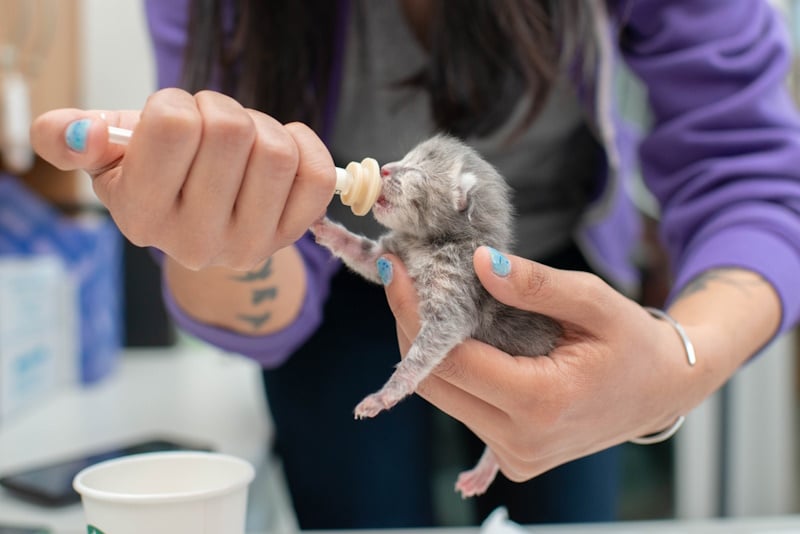
The neonatal period for kittens is both critical and delicate. Several factors can lead to the sudden loss of these vulnerable creatures.
Environmental Changes and Stress
Kittens, especially newborns, are extremely sensitive to environmental changes. Fluctuations in temperature or a stressful environment can significantly impact their health.
- Temperature Sensitivity
Newborn kittens are unable to regulate their body temperature effectively. If the environment is too cold or too hot, it can lead to hypothermia or heat stress, respectively. It's essential to maintain a stable, warm environment, ideally between 85°F to 90°F during their first week of life.
- Stress Factors
Stress can stem from various sources, including loud noises, unfamiliar people, or even other pets in the household. These stressors can weaken their immune system, making them more susceptible to infections and illness. It’s advisable to create a quiet, secure space for the mother and her kittens away from disruptions.
Blood Type Compatibility
Just like humans, cats have different blood types. When a mother cat has a different blood type than her kittens, it can lead to serious health complications.
- Blood Type A and B
The most common blood type among cats is Type A, while Type B is less common and can be found in certain breeds. If a Type B mother nurses a Type A kitten, the antibodies present in the mother’s milk may attack the kitten’s red blood cells, leading to hemolytic anemia and potentially causing death if not addressed promptly.
- Testing and Precautions
To prevent potential blood type incompatibility issues during the nursing phase, it’s wise to test the blood types of both the mother and kittens. This knowledge allows caretakers to make informed decisions about feeding and care.
Maternal Negligence
Sometimes, a mother cat may inadvertently harm her kittens through negligence.
- Laying on Kittens
In cases where the mother is not attentive, she might accidentally lay on one or more of her kittens, leading to suffocation. Proper monitoring is crucial during the initial days after birth.
- Poor Nursing Behavior
If the mother cat is not producing enough milk or does not nurse her kittens properly, this can lead to malnutrition or dehydration. Monitoring the kittens’ weight and behavior can provide insights into their nutritional status.
The Importance of Blood Types in Kittens

Understanding the dynamics of blood types in cats is essential for responsible kitten care.
Types of Cat Blood Groups
Cats possess three primary blood types: A, B, and AB. Each type plays a significant role in ensuring compatibility during transfusions and nursing.
- Type A
This is the most prevalent blood type, found in many domestic cats. Kittens that inherit this blood type typically face fewer complications regarding maternal nursing.
- Type B
Less common, Type B is observed in specific breeds, such as British Shorthairs and Devon Rex. Kittens inheriting this blood type from their mother may experience difficulties when fed by a Type A mother.
- Type AB
This is the rarest blood type and can present unique challenges, particularly in breeding situations. Knowing the blood type can help avoid severe health risks.
Testing Blood Types
Since physical characteristics alone cannot determine blood type, testing is essential.
- Blood Tests
A simple blood test performed by a veterinarian can reveal the blood type of both the mother and the kittens. This information is vital for preventing adverse reactions during the nursing phase.
- Importance of Knowledge
Understanding blood types helps caretakers monitor any signs of distress in the kittens. It creates an opportunity for early intervention if an issue arises.
Risks Associated with Nursing
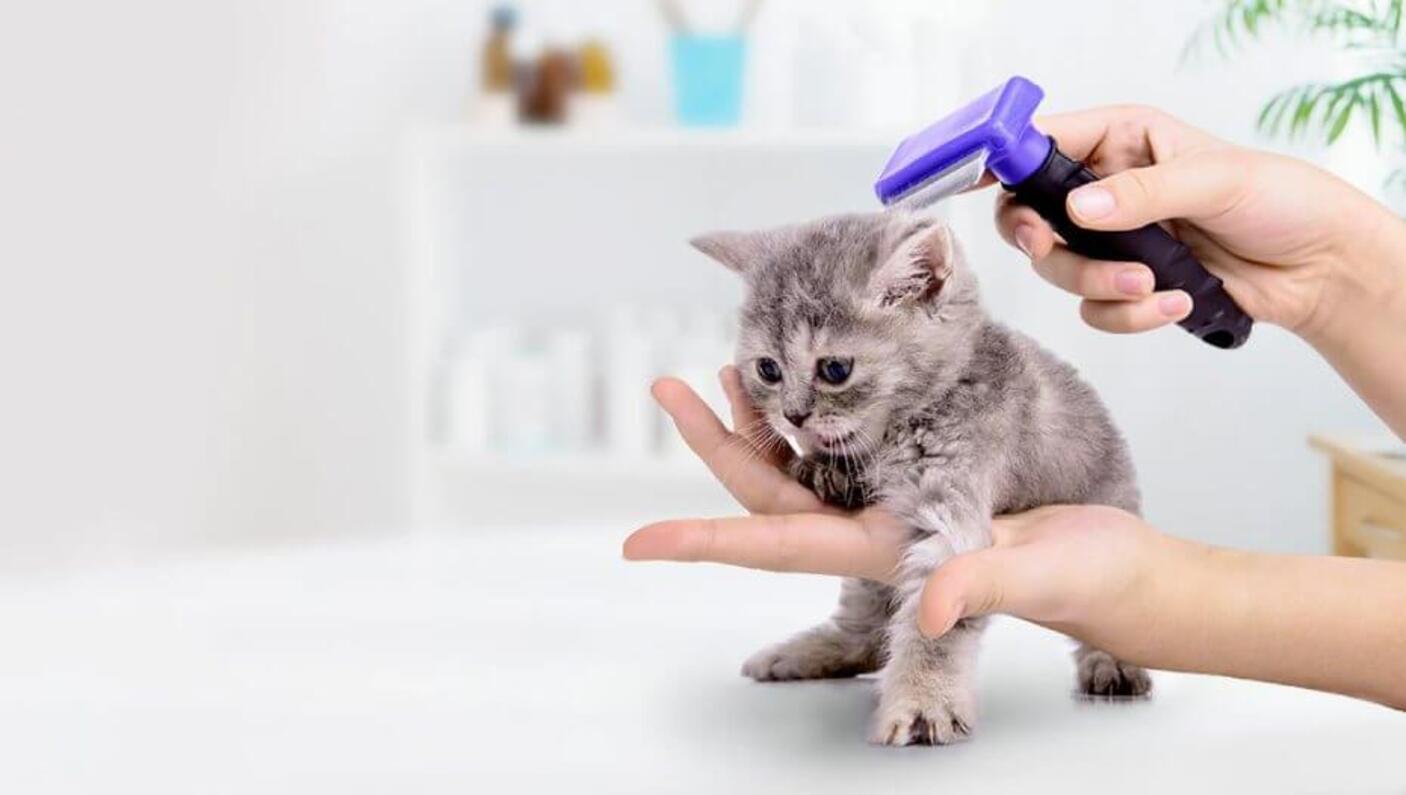
While nursing is vital for newborn kitten care, several risks must be considered.
The Role of Colostrum
Colostrum is the first milk produced by the mother cat after giving birth, rich in antibodies essential for the kitten's immunity.
- Absorption Window
Kittens need to consume colostrum within the first 24 hours after birth to gain maximum benefits. This substance provides the necessary defense against infections during their early days.
- Compatibility Issues
Incompatibility between the mother’s blood type and the kitten’s can impede the absorption of these crucial antibodies. Monitoring the nursing process is vital for recognizing any potential issues early.
Signs of Malnourishment
Recognizing malnourishment in kittens can save lives.
- Weight Monitoring
Regularly weighing the kittens will indicate if they are receiving adequate nutrition. Healthy kittens should gain approximately 10% of their body weight each day.
- Behavioral Indicators
Kittens that are lethargic, weak, or crying excessively might not be getting enough nourishment. Observing their behavior closely will help identify potential problems.
Caring for Newly Born Kittens with Blood Type Incompatibility

If you suspect a blood type incompatibility, acting swiftly is essential.
Signs of Antibody Absorption Problems
Identify and recognize the signs indicating that a kitten may be experiencing issues due to antibody absorption.
- Sudden Death
One of the most alarming signs is the sudden death of a kitten without warning. This often indicates a severe reaction to the absorbed antibodies.
- Physical Symptoms
Kittens exhibiting symptoms like weakness, jaundice (yellow skin), or pink-tinged urine should be examined immediately. These signs could indicate hemolytic disease.
Steps for Intervention
If blood type incompatibility is suspected, here are crucial steps to take.
- Separation and Consult a Vet
Separate the kittens from their mother for at least 24 hours while consulting with a veterinarian. This separation allows the kittens’ intestines to mature and reduces the risk of further antibody absorption.
- Alternative Feeding Methods
If the mother cannot nurse the kittens safely, consider using a commercial kitten milk replacer specifically formulated for their needs. Never substitute cow’s milk, as it can cause digestive issues.
Recognizing Blood Type Incompatibility Symptoms
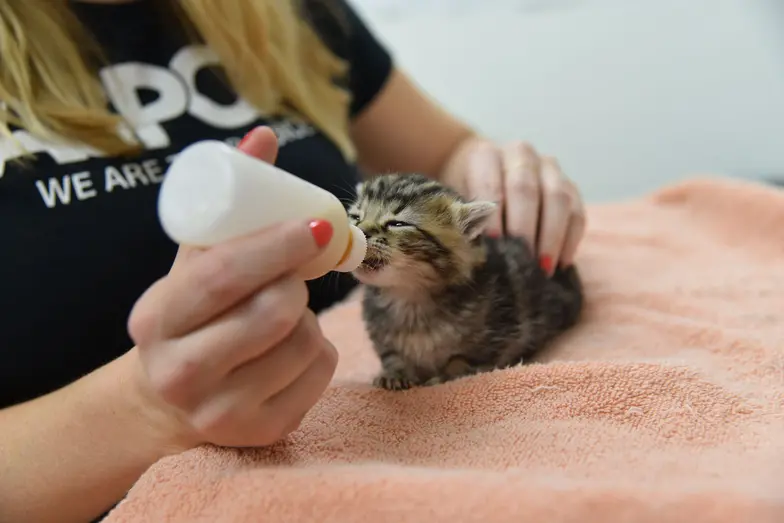
Being vigilant in identifying possible signs of blood type incompatibility can save precious lives.
Common Symptoms
Be aware of the typical indicators that something may be wrong.
- Rapid Deterioration
Kittens that appear healthy may show rapid deterioration and unusual behavior after ingesting their mother’s milk, signaling potential issues with blood type compatibility.
- Physical Manifestations
Physical signs include pale gums, lethargy, failure to gain weight, and noticeable jaundice. Monitoring these signs can provide crucial insights into the health of your kittens.
Immediate Actions Required
If you observe any concerning symptoms, immediate action is necessary.
- Veterinarian Consultation
Contact your veterinarian to discuss the potential issue. They can offer advice on next steps and any necessary medical interventions.
- Monitoring and Support
Continue to monitor the kittens carefully and provide any needed support, ensuring they remain comfortable and safe during this challenging time.
Caring for Kittens Under One Month Old
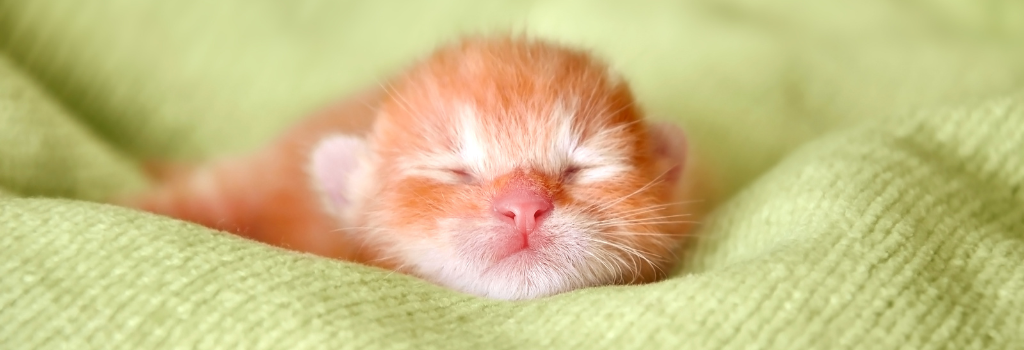
Proper care for newborn kittens involves close attention to their feeding and overall well-being during their first month of life.
Importance of Maternal Nutrition
A mother cat's diet directly affects her ability to nourish her kittens.
- Balanced Diet
Ensure that the mother cat is receiving a balanced diet rich in protein, vitamins, and minerals. High-quality kitten food is ideal as it meets the increased nutritional demands of lactation.
- Hydration Needs
Keeping the mother hydrated is equally critical. Fresh water should always be accessible, promoting milk production and overall health.
Nursing and Feeding Guidelines
Nursing is critical for newborn kittens, and knowing how to facilitate proper feeding will promote their growth.
- Encouraging Nursing Behavior
Allow the mother to nurse her kittens as much as possible. Monitor that each kitten is getting access to a teat, ensuring they all receive adequate nutrition.
- Feeding Alternatives
If the mother is unable to nurse, opt for a specialized kitten milk replacer. Follow the instructions provided, ensuring that feeding bottles are clean and sanitized, minimizing any risks of infection.
Feeding Guidelines for Newborn Kittens
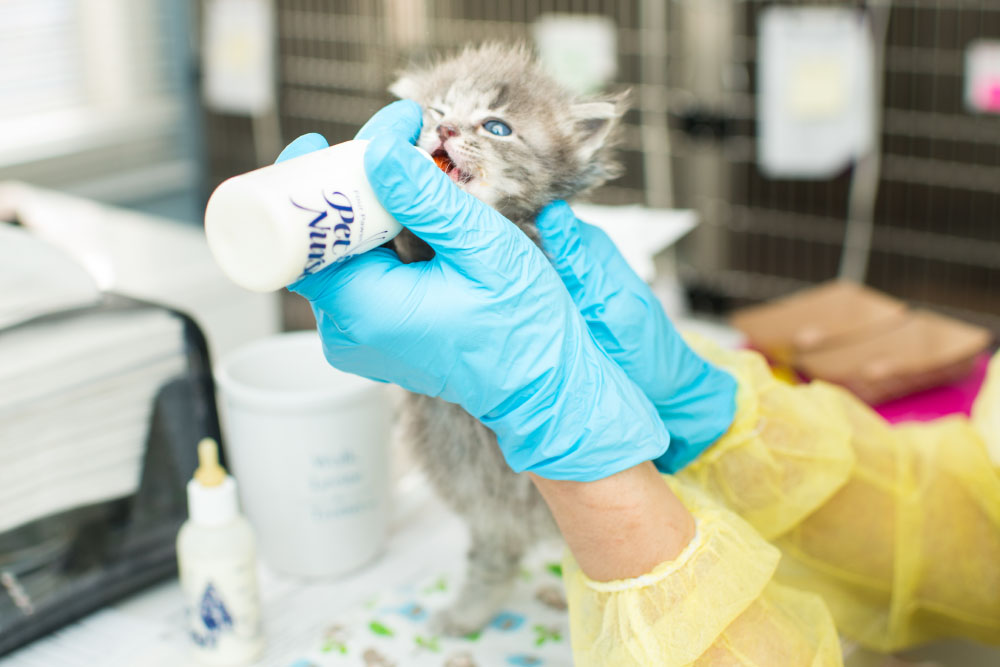
In addition to nursing, providing the right nutrition is essential for optimal kitten health.
Recommended Kitten Milk Replacers
If the mother cat cannot nurse or has inadequate milk supply, utilizing a kitten milk replacer is crucial.
- Choosing the Right Product
Look for high-quality kitten milk replacers available at pet stores. These products are formulated to meet the nutritional requirements of growing kittens.
- Avoid Cow's Milk
Never feed kittens cow’s milk, as they lack the enzyme required to digest lactose, leading to gastrointestinal distress and diarrhea.
Establishing a Feeding Routine
Establishing a consistent feeding routine can help kittens adapt better and thrive.
- Regular Intervals
Newborn kittens should be fed every two to three hours initially to ensure they are receiving enough nutrition.
- Monitoring Intake
Keep a close eye on how much each kitten consumes. If any kittens seem to be struggling to latch or drink, they may require additional assistance.
Important Considerations During Kitten Care

Effective kitten care tips for beginners can greatly influence the kittens' health and well-being.
Creating a Safe Environment
Setting up a safe and nurturing space is the first step in providing quality care.
- Warmth and Comfort
Provide a warm nesting area, using blankets or towels to keep the kittens cozy. Consider using heating pads set to low to ensure the kittens are comfortable.
- Minimizing Stressors
Limit exposure to loud noises and unfamiliar animals or people, creating a calm atmosphere that allows the mother and kittens to bond securely.
Regular Health Checks
Conducting regular health checks ensures that any issues are caught early.
- Monitoring Weight and Growth
Weigh the kittens daily to track their growth, ensuring they are gaining weight consistently. Any significant drop in weight should prompt immediate veterinary consultation.
- Observing Behavioral Changes
Pay attention to the kittens' behaviors. Healthy kittens should be active, vocal, and demonstrate curiosity as they begin to grow.
Caring for Kittens Between One and Two Months Old

As kittens grow older, their care needs evolve, requiring adjustments to their routines.
Transitioning to Solid Food
Around four weeks, kittens can begin transitioning to solid food.
- Introducing Wet Food
Start introducing high-quality wet kitten food to encourage exploration and develop their eating habits. Choose options designed specifically for kittens, ensuring balanced nutrients.
- Gradual Weaning Process
Gradually decrease the frequency of bottle feeding while increasing solid food intake. This will help prepare the kittens for a diet of solid food as they approach weaning age.
Socialization and Playtime
Socialization is vital during this stage of development.
- Engaging Activities
Engage the kittens in gentle play, stimulating their instincts and allowing them to practice hunting behaviors. Use toys like feathers or soft balls to encourage interaction.
- Introducing Other Pets
Slowly introduce the kittens to other pets within the household, watching for signs of anxiety or aggression. Positive interactions can foster confidence and adaptability in the kittens.
Managing Kitten Fever - Symptoms and Treatment
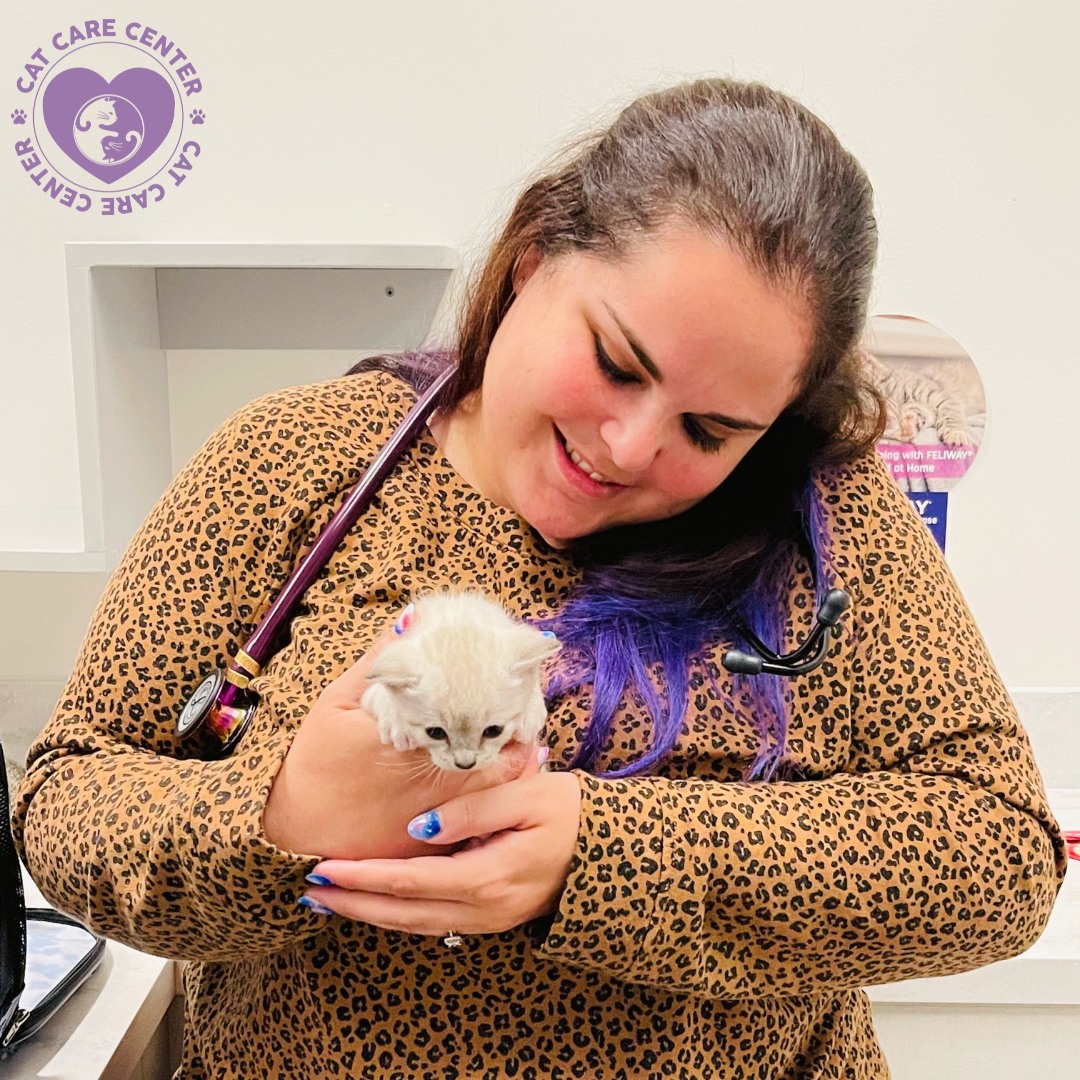
Fever is another concern during the first few months of a kitten's life.
Identifying Fever Symptoms
Recognizing fever symptoms in kittens can be vital in addressing health concerns.
- Behavioral Indicators
Kittens with a fever may exhibit lethargy, loss of appetite, and unusual vocalizations. Watch for signs that seem out of character for the kitten.
- Physical Signs
Feel the kitten's ears and nose; if they are unusually hot, this may indicate a fever. Also, check for shivering or excessive grooming behaviors.
Treatment Options
Knowing how to treat a kitten with a fever is essential.
- Veterinary Consultation
If you suspect a fever, consult a veterinarian immediately to determine the underlying cause and appropriate treatment. Home remedies should never be attempted without professional guidance.
- Administering Medication
Only administer medications prescribed by a veterinarian; over-the-counter human medications can be dangerous for kittens.
Post-Natal Care and Vaccination
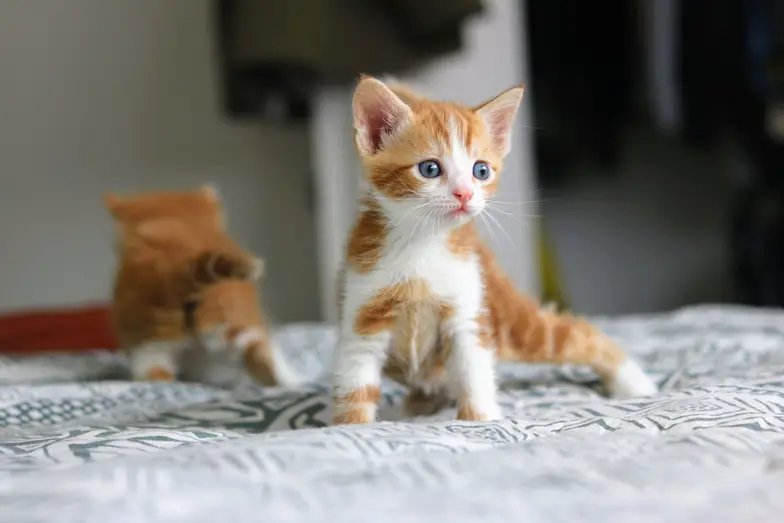
Ensuring proper vaccination is an integral part of maintaining kitten health.
Vaccination Schedule
Establishing a vaccination schedule helps protect against common feline diseases.
- Timely Vaccinations
Starting vaccinations around eight weeks of age is recommended. Consult with your veterinarian to develop an appropriate schedule tailored to your kittens’ needs.
Deworming Protocol
Parasites can pose significant risks to young kittens.
- Regular Deworming
Implement a deworming regimen as advised by the veterinarian. Kittens are often born with parasites, so preventive measures are essential for their continued health.
Bringing Newborn Kittens Home

Bringing kittens home can be an exciting yet challenging experience.
Preparing Your Home
Creating a welcoming environment is crucial for helping kittens adjust.
- Safe Spaces
Designate a specific area for the kittens, stocked with bedding, food, and water. Ensure it is quiet and free from hazards.
- Kitten-Proofing
Remove any potential dangers, such as small objects or toxic plants, to create a safe haven for playful kittens.
Adjusting to New Surroundings
Transitioning can be overwhelming for kittens.
- Allowing Time to Adapt
Provide ample time for the kittens to acclimate to their new environment. Keeping things calm and routine can reduce anxiety.
- Gentle Interaction
Encourage gentle handling and socialization to help build trust between you and your new kittens.
Conclusion
Caring for newborn kittens requires diligence, empathy, and a commitment to providing a nurturing environment. From understanding newborn kitten care essentials to addressing nutritional needs and recognizing health risks, being well-informed will help ensure that your kittens thrive. As they grow and develop, adapting to their changing needs will set the foundation for a healthy, happy life ahead. Remember, the earlier you address any potential issues, the better the outcome for your little fur babies. Embrace the journey of caring for these adorable creatures, as it is often filled with joy, love, and fulfillment.
0 comment
Be the first to comment